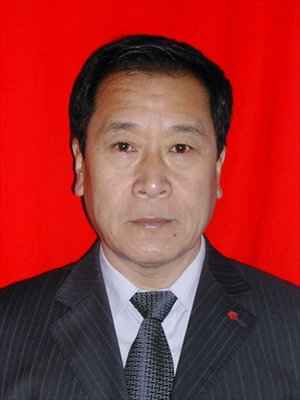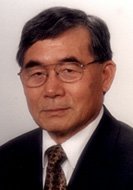S.Korea media hypes North’s labor push



Editor's Note:
China-North Korea economic cooperation has recently been a hot issue in South Korean media, especially the issue of North Korean labor export and speculations over the Hwanggumpyong island special economic zone (SEZ). How should we view the economic cooperation between China and North Korea? Global Times (GT) reporter Wang Zhaokun talked to Bradley Babson (Babson), Chair of the DPRK Economic Forum at the US-Korea Institute at Johns Hopkins School of Advanced International Studies, Lü Chao (Lü), an expert on North Korea with Liaoning Academy of Social Sciences, and Kim Suk-hi (Kim), a professor with the College of Business Administration at the University of Detroit Mercy, on these issues.
GT: South Korean media last week claimed that North Korea has decided to send huge amount of workers to work in Northeast China over the next year, so as to compensate for its economic plight. Is this accurate?
Babson: North Korea has in fact sent workers overseas in the past, notably to Russia, so a decision to allow workers in China is an extension that is not surprising, given the North Korean government's desire to provide jobs, earn foreign exchange, and reduce incentives for defection along the border.
With so much informal as well as official, interactions taking place across the North Korea-China border as trade has expanded rapidly in recent years, it has become impossible for North Korea to keep the lid on information about the outside world.
It is possible that the new leadership has accepted this reality and is seeking more formal ways to influence cross-border economic activities that are mutually beneficial to Chinese and North Korean interests.
Lü: It's normal for North Korea to dispatch workers to China, as it has done to other countries, but I think it is unusual for it to send a huge amount of workers at one time. Such an agreement can only be reached based upon China's real demands.
China also has to consider the local employment situation before accepting North Korean workers. For North Korea, labor export is a good, cheap method of earning foreign exchange and easing its economic situation.
Kim: I believe that the circumstantial evidence indicates that the North Korean dispatch of its workers to China on this massive scale is a part of increasing economic ties between the two countries in all areas in recent years.
I do not think North Korea will send many workers to countries other than friendly ones, such as China, Russia and a few others.
It is true that the US and South Korea have imposed increasingly tougher sanctions against North Korea for the last five years or so. Thus, it has become increasingly difficult for North Korea to earn some foreign exchange.
In addition, the humanitarian aid to North Korea has tricked down to almost nothing in recent years.
GT: There are people fearing that if Beijing continues to import North Korean labor, this could undermine the effects of international sanctions against the North. What is your view?
Lü: The economic cooperation between China and North Korea is not politically motivated.
The cost of using North Korean workers is relatively low and they are easily managed, which is why Chinese firms are keen to hire them.
Babson: Expansion of the economic relationship with China has made up for much of the shortfall in inter-Korean trade, and North Korea has been seeking to diversify its economic relations with other countries, especially in Southeast Asia, despite the impact of international sanctions.
Thus I see the decision to allow more migrant workers in China more as a pragmatic response to the opportunity for deepening economic integration across the North Korea-China border than driven by a response to international sanctions.
Both China and North Korea seem to be willing to find ways for Chinese companies to hire North Korean workers and seek mutual economic benefit. If Chinese firms in the Dandong area are allowed to hire North Korean workers directly, then the attraction of the SEZ is obviously diminished from their point of view.
Kim: North Korea is very important to the national security of both China and Russia. These two countries do not like the North Korean development of nuclear weapons, but they will not let North Korea down.
GT: Beside the labor export issue, South Korean media also hyped that China has decided to rethink the Hwanggumpyong project, which might be provoked by North Korea's rocket launch. China has already rejected the speculation. But why is South Korean media so interested in this recently?
Lü: South Korean media wants to link the Hwanggumpyong issue with China's earlier opposition to North Korea's rocket launch. But such allegations are totally baseless.
China already voiced its opposition to the launch through diplomatic channels and therefore will not link the issues together. The agreement to develop the SEZ has been signed by the two governments and its development will continue.
But there might be further negotiations over other issues.
Babson: It is hard to know what lies behind the reports. The law governing this zone was published in March and is very similar to the law also published at that time governing the Rason SEZ, which is moving ahead. There may be other considerations.
One is expectations as to the main purpose of investing in the zone: for export to China or abroad, or to penetrate the North Korean market? If the former, it is hard to see a business rationale that would be attractive to most Chinese investors other than low wages for North Korean workers.